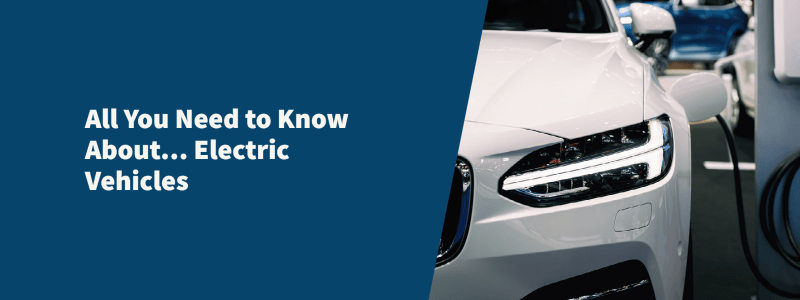As the date gets nearer for the ban on sales of new petrol cars, electric vehicles are becoming more popular to buy and becoming increasingly talked about in the wider public. But this also means that it will soon become an issue that businesses need to address. For those with fleets and individual company cars, this will become a major change in what they look for. But before that happens, you’ll need to know how this will impact you and how that may change moving forward.
Electric Vehicle Costs
Electric vehicle costs vary between the make and model. As with petrol cars today, these costs will determine how likely it is that you can afford these cars. In a positive sense, electric vehicles should actually be cheaper to run than petrol or diesel vehicles, so the fuel will not be an issue. The main problem right now is the cost of the vehicle itself.
Electric vehicles do come with competitive financial packages. Used electric vehicles, for example, come in at similar prices as other used petrol vehicles. On the Cinch website, for example, the price of a used Nissan Leaf comes in at £8,950, a really reasonable price for a 2017 reg second hand motor.
Costs for new vehicles do increase at a sharp rate. A new range Fiat, for example, comes in at £31,195, with the price getting higher depending on the model.
Both of these cars, though, don’t lend themselves to being company vehicles. Popular company cars such as Mercedes and BMW have a higher premium cost, moving towards £50,000 & £60,000. But that cost would obviously reduce entirely if, as most businesses do, you lease the car.
Costs to Charge Your Vehicle
The cost of charging your vehicle varies, depending on the energy provider you’re with. But choosing to go electric is almost certainly cheaper than the cost of petrol. But here are a few examples of ways in which charging is cheaper:
Home Charging
Home charging is cheaper because it uses the electricity from your house. So, while it will add further expense to an already growing energy cost, it will still save you cash on your overall fuel bill.
Some energy firms do provide EV tariffs that are specifically for EV owners. These tariffs are often off peak during nighttime hours, allowing you to charge your car overnight at a reduced rate. As electronic cars become more popular, there’s a good chance that more energy providers will offer similar packages and charging time decreases.
The U.K. average cost per KWH is currently 33p. If you were to lease the BMW I3 hatchback, for example, it would cost you 7.23p per mile and would cost just shy of £15 for a full charge, getting you approx. 186 miles. While costs vary on cars, this is a general figure and much lower than petrol costs.
Free Charging
There are some charging points that a free to use. As written by What Car? website, there are around 5000 free electric charging points in the U.K, many of which are in supermarkets and car parks. This level of infrastructure is low, but if you do have an electric car, your options are improving and in countless ways saving you money.
Benefits of Electric Vehicles
There are multiple ways that individuals or organisations can get benefits from electric vehicles. Here are a few:
- Reduced carbon footprint
- Reduced costs associated with fuel expenses
- Positive brand marketing
- Helping create a wider culture of eco-friendliness
How Direct365 Can Help
Direct365 can’t offer car leasing, but we do offer a great range of electric vehicle charging points for purchase. These points are the be all and end all of electric vehicle use. Without them, you’ll be stuck. So check them out below and start reducing your carbon footprint today.
Back
